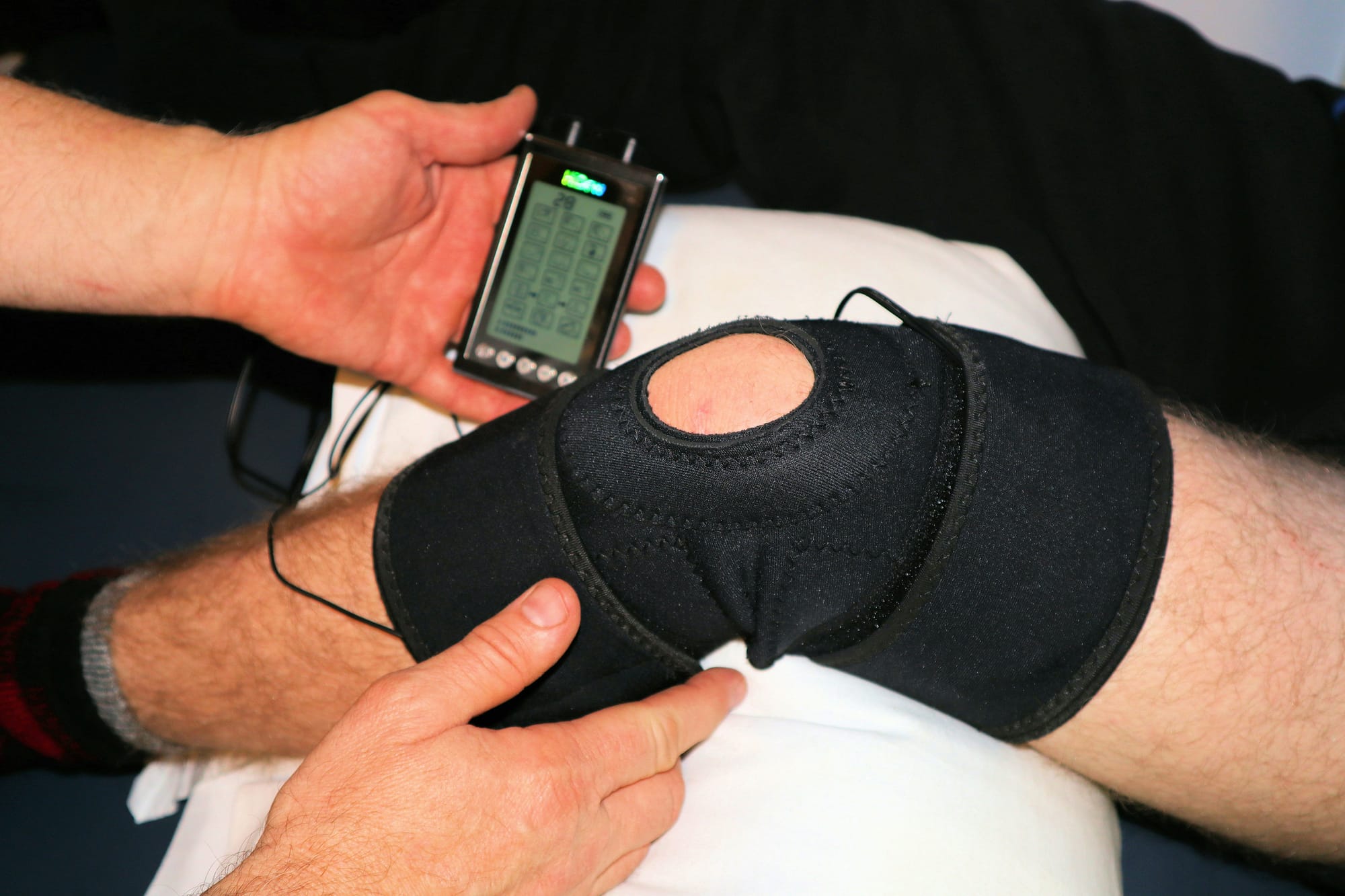Overcoming the Mental Challenges of Injuries

Injuries are tough. They leave us feeling disappointed, useless, weak and hopeless.
From someone who has experienced more injuries than I can count, injuries are shit.
But the mental challenges of injuries are too often overlooked.
Sometimes we completely rely on our physical endeavours as a way to cope psychologically, or simply enjoy the physical activities so much that they become most of what we think about and look forward to doing.
So injuries can be a huge burden to our psychological well-being, possibly causing downward spirals and mental relapses.
Yet, no one talks about it.
Yes, injuries can be painful and can make daily life quite uncomfortable, but no one talks about the psychological effects that injuries cause.
Let’s even say you break a leg and now walk on crutches. You constantly need assistance, can no longer drive and daily life becomes a constant onstream of obstacles.
As physically challenging as this is, it’s still easy to see how it would weigh heavier on the mind.
I believe the mental challenges of injuries make up 90% of the struggle, yet, no one asks how you’re coping mentally, they only seem to ask how you are doing physically.
If you’ve ever extremely enjoyed or relied quite heavily on physical activity and had a sudden injury that brings you to a halt, you’ll know exactly what I’m talking about.
Although it may seem completely hopeless when you get injured, there is however a mindset shift and an accompanying set of actionable steps that you can use that make the experience of an injury much more bearable.
The following have helped me tremendously, and I hope they do the same for you.
The Obstacle is The Way
The moment an injury happens there’s nothing left to do except react.
You have two possible reactions at your disposal: You can cower, whine and complain about how unfortunate you are until the injury subsides, or you can see it as an opportunity for growth and learn from it.
Both reactions are available, but choosing which one is completely up to you. One improves you, the other keeps you the same.
Don’t get me wrong, the feelings that come with injuries suck, they come flooding in like an unwelcoming wave of salt water. But acting on these emotions only keeps us down and renders us useless.
Instead of leaning into these feelings, you could simply shift your mindset from seeing the injury as an obstacle and setback to seeing it as the new path forward.
When you do this, you begin to see it as part of the journey, instead of the thing stopping you. Instead of leaving the energy to fade, you direct it towards this new path and remove any hopeless feelings in the process.
So how do you actually implement this into your lives?
These are 3 things you can do that will help adopt this mindset shift when dealing with injuries.
Rehabilitation
Most of why we suffer mentally from injuries is due to the feelings of helplessness that we get. We think that because the body now needs to heal, there's nothing we can do, but we're not quite right.
When your body picks up an injury, there is always an optimal way that it can heal. It’s your job to find out what that is, and then do your very best to implement it.
These could include:
- Being disciplined with your hot and cold treatment
- Ensuring you give the muscle optimal rest
- Being consistent with your stretching
- Doing your strengthening exercises

Whatever it may be for you and your injury, identify it and get on with it.
By actively doing something that is improving the injury, you’ll feel a better sense of hope and control.
Instead of focusing on what you can’t do, you’ll be too busy doing what you can.
So to dampen the hopeless feelings and get back to doing it sooner, treat the rehab just the same as you were treating the activity and do something proactive.
Learn
Using injuries as learning opportunities is a great way to make them feel less devastating. There's not much positive that comes from injuries, but becoming a better version of yourself as a result is one of them.
Believe it or not, you can even learn from your injuries.
If you’re in it for the long run (pun intended), then you can see the injury as something that’ll make you better long-term.
You can see it as ‘I will never let this happen to me again’ and implement the steps in doing so.
This could be figuring out what you could have done differently that may have prevented the injury from happening, and then planning to do just that once you’re back in action.
You can do this for the specific injury to prevent the same one, but you can also do it for other potential injuries.
Find out what the common injuries are for your chosen activity and then find out what you can do that could stop them from ever occurring.
Whatever it may be, start the learning process by asking yourself ‘What could I have done differently to prevent this from ever happening, and how can I do just that’.
Doing Something Else
Although you may not be able to continue doing what you want, you can always do something else.
This is why it's always a good idea to have multiple layers of growth, or ‘the prongs’ as I like to call it.
The prongs are like the spikes in a pitchfork. When placed into the ground, the pitchfork has a much higher chance of staying planted when having more spikes or prongs.
Your growth is the same, the more things you do, the less devastating it is when the wind comes along. In this case, an injury.
When it does, you can simply pivot and focus on doing the other for the time being, for example, if you can no longer run, just do more of the weight training side of things and vice versa.
Alternatively, you can start doing something that may help improve you in your pursuit.

For example, if you’re a runner and can’t run, try biking or swimming until you’re able to run again. This keeps you disciplined while also maintaining your fitness, making the re-introduction back into running a lot smoother.
Of course, your options may be limited, but you can always get creative. If you’re bed-bound, gain as much knowledge on the topic as humanly possible, there’s always something you can do.
Summary
Injuries suck, but you can make them suck a little less.
Do this by reframing obstacles as the new way forward instead of setbacks and by refusing to lean into hopeless feelings.
Instead, take control of the situation by focusing on rehab, learning from the injuries, and finding something you can do.
